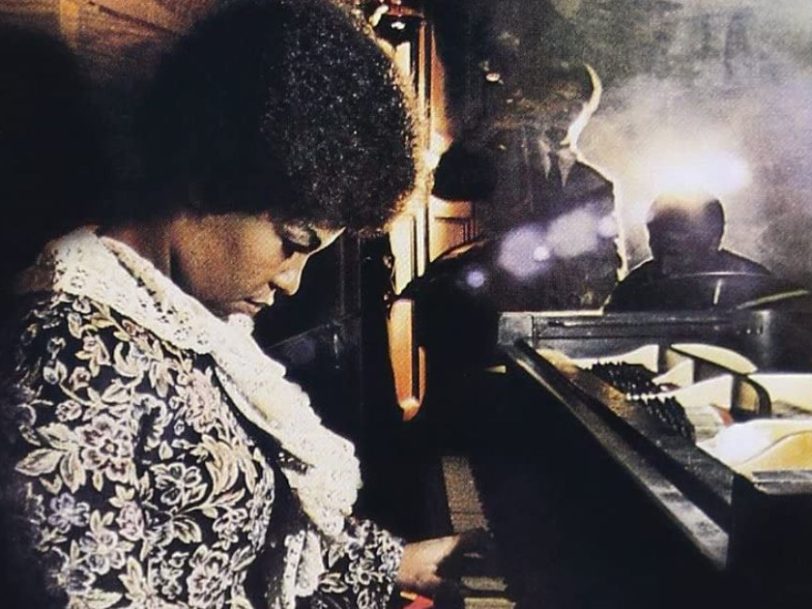Ten hours. 600 minutes. That’s apparently how long it took to record First Take, the astonishing debut album by Roberta Flack. Quite some feat, particularly when you realise that it takes just 46 out of those 600 minutes to listen to it.
Listen to ‘First Take’ here.
The backstory: “What I heard touched me on a level that I have never heard since”
First Take may have been a debut album, but it came from one of the most schooled singers and pianists in the US – literally. Having gained a full music scholarship to the prestigious Howard University at the age of 15, Roberta Flack became a music teacher herself soon after graduating. Living and teaching in Washington, DC, she also performed regularly at Mr Henry’s Restaurant on Capitol Hill. Flack had become such a draw that the venue named a room after her and installed a sound system to her exact specifications. “Word spread about me,” Flack has recalled, “and people came to see me on Sundays.”
One of her audience members was Les McCann, a jazz vocalist and pianist with some two dozen albums under his belt. “What I heard touched me on a level that I have never heard since,” McCann said in 2019, remembering his first exposure to Flack. “Her voice, her pianowomanship were supreme.” McCann recorded Flack’s set at Mr Henry’s one night in 1968 and took the tapes back to Atlantic Records, the label he had recently assigned to. Soon Atlantic, in the form of producer Joel Dorn, went to see Flack for himself. She was signed up in November 1968.
The songs: “You express your feelings about the first time you ever see a great love”
Flack had an enormous repertoire, some 600-plus songs. She was confident in jazz, classical, R&B, soul and showtunes. With Dorn’s help, Flack whittled her song choices down to 28 possibilities for what would become First Take. Those 28 songs were then demoed in the RCA Studios in Manhattan, with Flack accompanied by bassist Marshall Hawkins and drummer Bernard Sweetney (both of whom regularly played with her at Mr Henry’s). Many of these precious demo recordings were finally released in 2020 as part of a deluxe edition of First Take.




